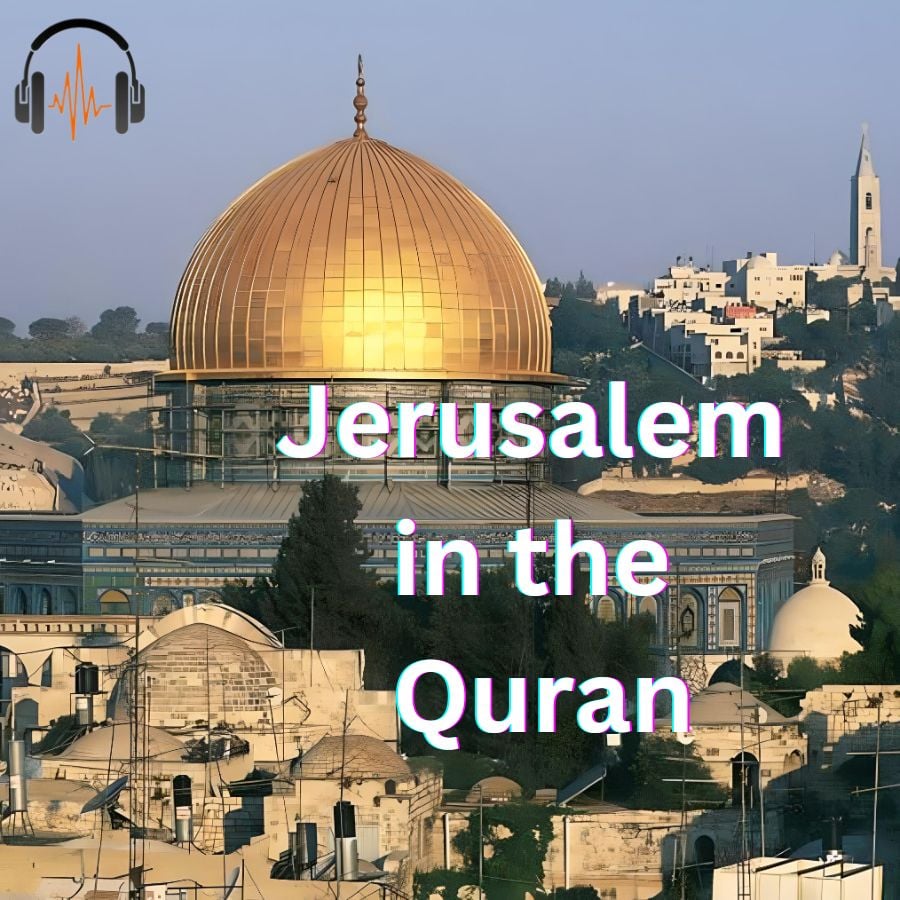
Jerusalem in the Quran
Jerusalem holds great significance within the Quran, as it is mentioned in several verses. The city is referred to as "Al-Quds" in Arabic, which translates to "The Holy." This name emphasizes the sacredness and importance of Jerusalem in Islamic history and belief.
One of the most notable references to Jerusalem in the Quran is found in Surah Al-Isra (The Night Journey), specifically in verse 1. The verse states, "Exalted is He who took His Servant by night from al-Masjid al-Haram to al-Masjid al-Aqsa, whose surroundings We have blessed, to show him of Our signs. Indeed, He is the Hearing, the Seeing."
This verse describes the miraculous journey of Prophet Muhammad (peace be upon him) from the Sacred Mosque in Mecca to the furthest mosque, which is commonly understood to refer to the Al-Aqsa Mosque in Jerusalem. This event, known as the Isra and Mi'raj, is celebrated by Muslims worldwide as a night of spiritual significance.
In addition to the Isra and Mi'raj, Jerusalem is also mentioned in relation to the story of Prophet Ibrahim (Abraham). In Surah Al-Baqarah, verse 127, Allah instructs Ibrahim and his son Ismail to purify the Kaaba in Mecca and supplicate, saying, "Our Lord, make us Muslims [in submission] to You and from our descendants a Muslim nation [in submission] to You. And show us our rites and accept our repentance. Indeed, You are the Accepting of repentance, the Merciful."
Furthermore, the importance of Jerusalem is highlighted in Surah Al-Hajj, verse 27, where Allah mentions the establishment of the Kaaba and the station of Ibrahim as a place of prayer, saying, "And proclaim to the people the Hajj [pilgrimage]; they will come to you on foot and on every lean camel; they will come from every distant pass." This verse signifies the significance of the Kaaba and the pilgrimage to Mecca, which is a central pillar of Islamic faith.
While the Quran does not provide extensive details about Jerusalem, these verses affirm its sanctity and the role it plays in the history and spirituality of Muslims. The city's connection to the Prophet Muhammad's journey and the mention of Ibrahim's supplication highlight its significance as a place of worship and devotion in Islam.
